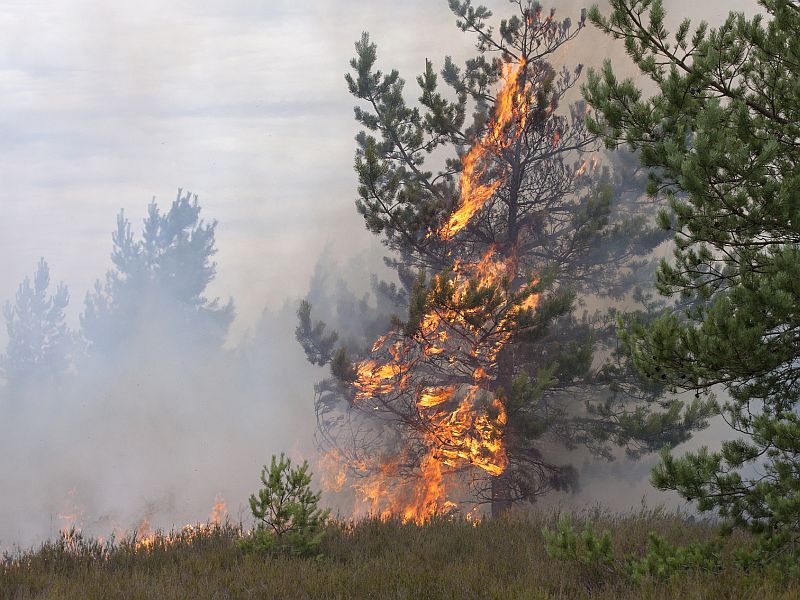
Tuesday, December 12, 2017

TUESDAY, Dec. 12, 2017 (HealthDay News) -- Fire and smoke from the wildfires raging in Southern California aren't just destroying homes and lives, they're a serious health risk, as well.
The smoke can irritate the eyes, nose, throat and lungs and can cause coughing, wheezing or breathing problems, according to the American Thoracic Society.
The smoke can be especially dangerous to those with lung diseases such as asthma, chronic obstructive pulmonary disease, emphysema and pulmonary fibrosis, the organization said. It's also harmful to people with heart disease, pregnant women, seniors and children.
People in those high-risk groups should ask their doctor about specific precautions, the society advised.
For the general population, suggested actions to gain protections from the wildfire smoke include:
- Limiting physical activity.
- Staying indoors with the windows and doors closed. Reduce other sources of indoor air pollution, such as tobacco smoke, wood-burning stoves and frying meat. Do not vacuum anywhere in the house.
- Using central air conditioners or filters. Setting your home's heater to fan mode may help filter out some smoke particles by recirculating indoor air through the filter.
- Using air purifiers with HEPA filters. Do not use filters that produce ozone, such as "super oxygenators."
- Creating a "clean room" in your home. Choose an interior room with fewer doors and windows and, if possible, run an air conditioner or room air cleaner in the room.
- Keeping windows closed when traveling in a vehicle. Run the air conditioner and set airflow to recirculate.
To help reduce inhalation of airborne particles, the organization suggests a properly fitted mask rated at N95 or greater. A surgical or simple dust mask does not protect against these particles, and none of these masks protects against dangerous gases.
People with lung disease should consider evacuating to areas with better air quality, according to the organization. People with asthma should keep taking their maintenance or controller medications, or discuss an appropriate plan with their doctor.
SOURCE: American Thoracic Society, news release, Dec. 11, 2017
HealthDay
Copyright (c) 2017 HealthDay. All rights reserved.
News stories are written and provided by HealthDay and do not reflect federal policy, the views of MedlinePlus, the National Library of Medicine, the National Institutes of Health, or the U.S. Department of Health and Human Services.




























.jpg)












No hay comentarios:
Publicar un comentario